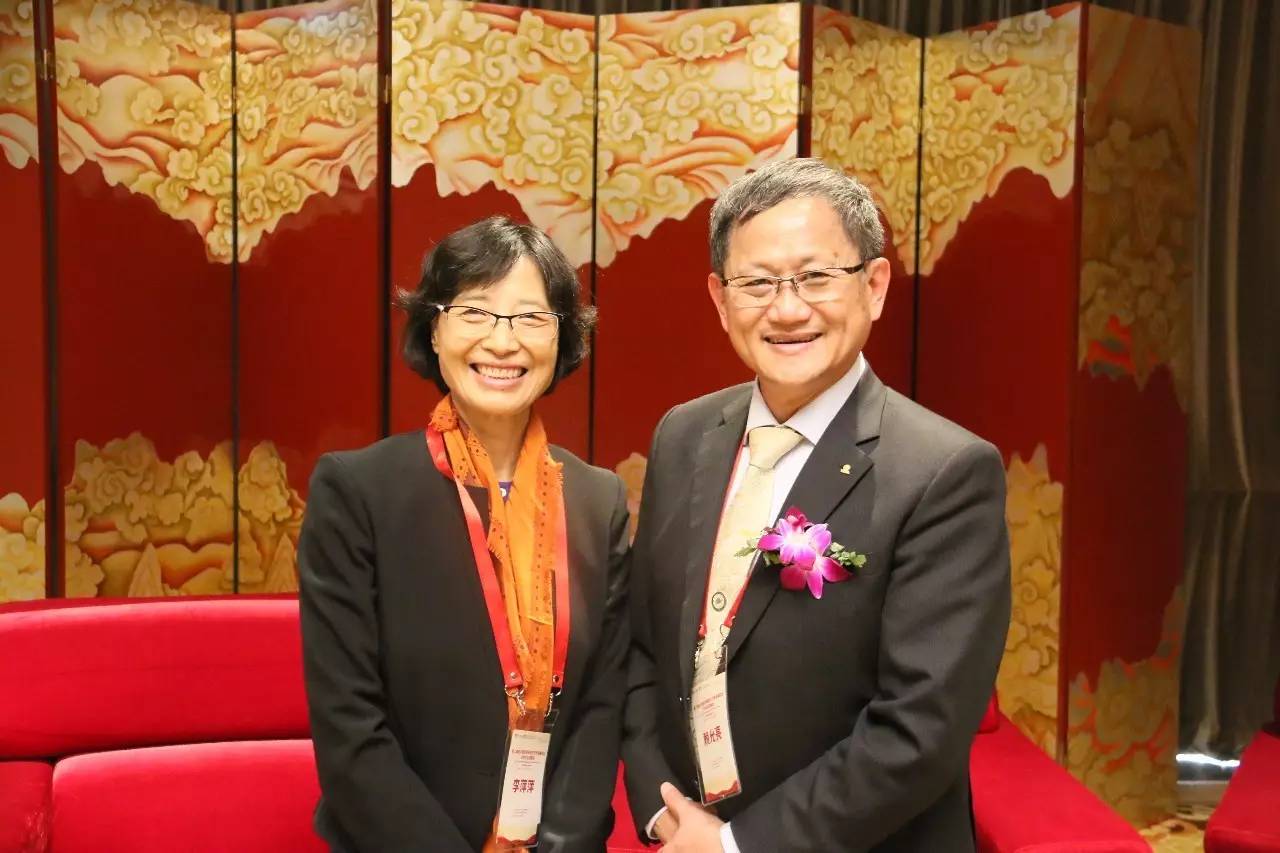According to a China Cancer Statistics survey published in 2015 by CA Cancer, J Clin shows almost 4.3 million Chinese were diagnosed with cancer, and 2.8 million died as a result of cancer. In the same year, the 2015 Quality of Death report published by Economist Intelligence Unit ranked China as 71 out of 80 countries in terms of overall quality. From these statistics, it would seem most cancer patients did not receive good end-of-life care, and possibly suffered a great deal while dying. Meanwhile, it is beyond imagination what and how the non-cancer patients may have felt regarding the quality of death. These research studies have attracted significant attention from the Chinese authorities and medical communities; nevertheless, high-quality end-of-life care is not something that can be achieved at once, but requires significant time and experience.
In response, Beijing Cancer Hospital--the leading cancer research and healing institute in China--and Hospice Foundation of Taiwan co-hosted the 2nd Hospice Summit in Asia-Pacific (“Summit”), which convened in the Mandarin language. The Summit was held at China National Convention Center on October 29, 2016 with more than 800 participants gathered to learn about end-of-life care and quality of death. Among the participants were many physicians, allied nurses, and volunteers.
The Summit began with HFT board member Dr. Yuen-liang Lai’s keynote address on The Dialogue between the Medical Humanity and Technology – The Story of Taiwan Palliative Care. Regarding the promotion of palliative care in Taiwan, Dr. Lai mentioned how palliative care transitioned from a rare and bizarre idea to a common and important practice today. From Do-Not-Resuscitate to Advance Care Planning to further progress in the Patient’s Self-Determination Act, Dr. Lai spoke of his hope to share with others about Taiwan’s  palliative experience, which currently ranks first in Asia and sixth in the world.
palliative experience, which currently ranks first in Asia and sixth in the world.
Attending the Summit from China were Professor Jiejun Wang from Shanghai Changzheng Hospital and Professors Tang Liang, Pingping Li and Lili Tang from Beijing Cancer Hospital. They spoke on various topics including: the main reasons for low quality of death in China from cancer medication, pain management, system and psycho oncology.
Prof. Wang pointed out that pain control with palliative care could significantly improve patients’ quality of life by 15%. However, pain control remained an obstacle due to the restriction of laws and rules related to payments and procurement. As a result, there were still more than 40% of hospitals with patients who needed constant narcotic analgesics and were applying for the Narcotic Drug Purchasing Card, which could be a very complicated process. Furthermore, only inpatients might receive narcotic drugs; for this reason, the access of narcotic drugs for patients in China remained very difficult and rare. Many cancer patients lived in pain and died in pain. Prof. Wang further announced that the Chinese government was currently setting the benchmarks to cease intensive care, in hopes that palliative care would not be only for end-of-life care, but also a supportive care lasting throughout the entire caring process.
Prof. Liang advocated that the governmental authority must set up the standard procedure for pain management. He also stressed that the outpatient service should be the crucial link for both inpatient and home care, and especially that 95% of pain assessment should be done for outpatients. Furthermore, pain management should be benchmarked by patients’ sleep quality, followed by comprehensive medication, education, and follow-up procedures to provide patients the proper pain control medication. Doing so would improve patients’ quality of life significantly.
Prof. Li reminded the medical professionals at the Summit of the 4A Pain Management Principles, and that pain is a subjective perception. He suggested the two reasons for the gap in proper pain control as the following: the concern for both side effects and patients’ risk for addiction, and also the misjudgment of the patient’s pain. Speaking from an educator’s point of view, Prof. Li reiterated the importance of communication between doctors and patients. Only through the channel of language could doctors achieve the best balance between a professional’s knowledge and skill and a patient’s anticipation.
Prof. Tang, the key person who introduced psycho-oncology to China, expressed her point of view from another angle, that is, from the patients’ psychological state of mind. She emphasized how distress can shorten patients’ survival period, let alone their quality of life. Therefore, she urged that the Distress Thermometer should be fully implemented, so that psycho-oncology could provide an all-around supervision on patients’ psychological and spiritual states, as well as grief and bereavement support. Additionally, psycho-oncology might also be used to identify any palliative team members who experience burnout or fatigue in order to ensure they could provide proper end-of-life care to patients.
HFT also invited Dr. Chun-kai Fang (Director of Mackay Memorial Hospital’s Hospice and Palliative Care Center), Dr. Cheng-hsu Wang (Chairman of Hope Foundation for Cancer Care), Dr. Shih-che Chiu (Director of Taiwan Hospice Organization), Dr. Sheau-feng Hwang (Director of Taichung Veteran General Hospital’s Palliative Care Center), Dr. Chien-cheng Huang (Chi-mei Hospital, Emergency Medicine), Ms. Pei-yi Li (Supervisor of Mackay Memorial Hospital’s Nursing Dept.), Ms. Shih-yin Chang (Chief Nurse of Mackay Memorial Hospital’s Palliative Ward), Mrs. Pao-fang Chang (the honorary team leader of Taichung Veteran General Hospital Volunteers) and myself, Vanessa Lin (CEO of HFT). Other Taiwanese speakers were arranged for the afternoon sessions, and with their diverse background and experiences, every session received positive feedback from the attendees. Indeed, Taiwan’s palliative experience has provided Chinese palliative professionals a valuable reference through this Summit.
In summary, both China’s great development gap between rural and urban areas, and the uneven distribution of medical resources have made the advancement of palliative care difficult. However, with this second large-scale Hospice Summit in Asia-Pacific, palliative professionals have exchanged experiences as they continue to advocate the importance of the right to die well, raise government and public awareness, and improve the quality of death for everyone.

